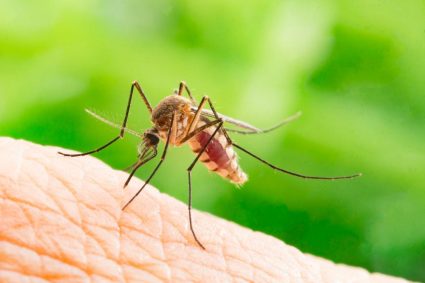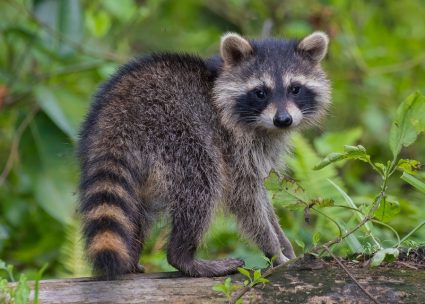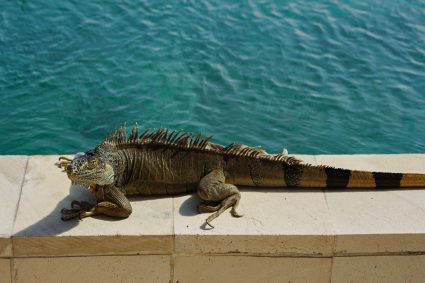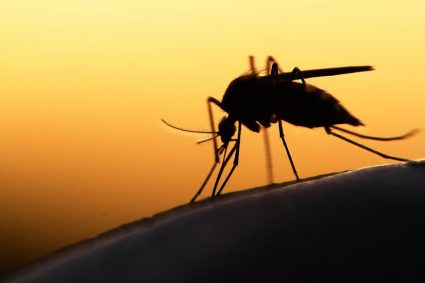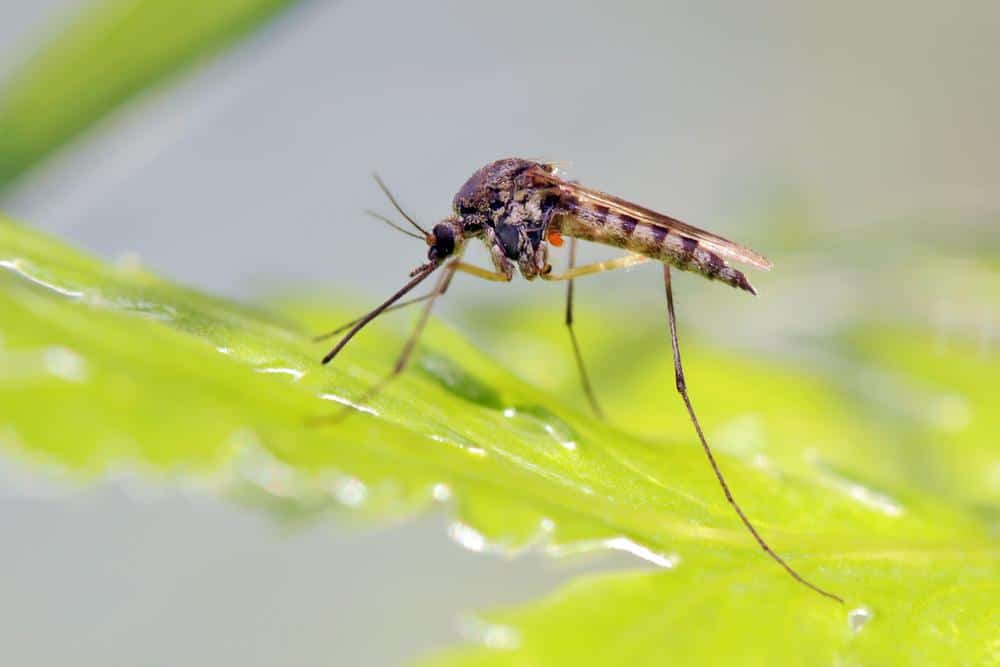
Keeping mosquitoes out of animal water is a crucial task for pet owners and farmers alike. Mosquitoes are not only pesky insects causing itchiness and discomfort but are also carriers of various diseases. This comprehensive guide will walk you through various methods and strategies to keep mosquitoes out of your animal’s water supply, ensuring the health and wellbeing of your animals.
To keep mosquitoes out of animal water, regularly empty and clean water containers, add movement to the water with a fountain or aerator, use natural deterrents like apple cider vinegar, use mosquito dunks or bits that contain Bacillus thuringiensis israelensis (Bti), remove excess vegetation and debris, maintain proper drainage, and plant mosquito-repellent plants around water sources. Regularly check the effectiveness of these prevention methods and adjust as necessary.
Why Mosquitoes Are Attracted to Animal Water
Mosquitoes are attracted to standing water because it provides an ideal breeding ground for them. Female mosquitoes lay their eggs in stagnant water, and the larvae, known as wigglers, feed on organic matter in the water and breathe oxygen from the surface. Different types of water attract different types of mosquitoes, with some preferring clean water, while others favor nutrient-rich waters.
Risks and Problems Caused by Mosquitoes in Animal Water
Mosquitoes in animal water can cause several risks and problems for both animals and humans. They can cause irritation and extensive blood loss to livestock, reducing productivity, and in extreme cases, even leading to death. Moreover, mosquitoes can transmit various disease pathogens and viruses that infect vertebrates, including animals and humans. For instance, mosquitoes can transmit viruses that cause encephalitis in horses, with infected horses having over a 30% chance of dying or becoming disabled. They can also transmit dog heartworm, which can be fatal if left untreated.
Effective Methods to Prevent Mosquito Infestation
To prevent mosquitoes from infesting animal water, you can implement several strategies:
- Empty and clean water containers regularly: Change the water in animal troughs, pet dishes, and birdbaths at least once a week to prevent mosquito larvae from developing.
- Add movement to water: Install a fountain or aerator in outdoor ponds or water gardens to keep the water circulating and discourage mosquitoes from laying eggs.
- Use natural deterrents: Add 1 teaspoon of apple cider vinegar per gallon of water to pet fountains to deter mosquitoes from laying eggs. You can also add mosquito-eating fish like gambusias, bait minnows, or guppies to outdoor ponds to help eliminate mosquitoes and their larvae.
- Use mosquito dunks or mosquito bits: These products contain Bacillus thuringiensis israelensis (Bti), a natural soil bacterium that prevents mosquito development in water and is safe for animals and humans.
- Remove excess vegetation and debris: Clear away dead plants and organic matter from the edges of ponds and other water sources to reduce shelter and food for mosquito larvae.
- Maintain proper drainage: Ensure that areas around animal watering troughs have good drainage to prevent standing water, which can become a breeding ground for mosquitoes.
- Use natural mosquito repellents: Plant mosquito-repellent plants like citronella grass, basil, catnip, or lavender around water sources to help reduce mosquito populations.
Maintenance and Regular Checks
The effectiveness of these prevention methods should be checked regularly. For instance, water containers should be cleaned and refilled at least once a week. If you are using mosquito dunks or mosquito bits, remember to replace them as per the instructions on the package.
Special Attention for Different Animal Types and Environments
Certain environments or types of animals may require special attention or different strategies for keeping mosquitoes out of their water. For example, water troughs for horses, which are often large and not emptied frequently, can be a significant breeding ground for mosquitoes. In these cases, using mosquito dunks that kill mosquito larvae can be an effective solution.
Conclusion
Keeping mosquitoes out of animal water is essential for the health and wellbeing of your animals. By implementing these strategies and regularly checking for their effectiveness, you can effectively reduce mosquito populations and protect your animals from mosquito-borne diseases. Remember, prevention is always better than cure, especially when it comes to the health of your beloved animals.
Frequently Asked Questions
What is the lifespan of a mosquito?
The lifespan of a mosquito can vary, but typically, adult female mosquitoes live for 2-3 weeks, while adult males usually live for about a week. However, under ideal conditions, some mosquito species can live up to a few months.
Can all mosquitoes transmit diseases?
Not all mosquitoes transmit diseases. Only female mosquitoes bite and transmit diseases because they need blood to produce eggs. Moreover, only certain species of mosquitoes are capable of transmitting specific diseases.
Is it safe to use apple cider vinegar in pet water dishes?
Yes, it is generally safe to add a small amount of apple cider vinegar to your pet’s water. It can help deter mosquitoes and also has other health benefits for pets. However, it’s always best to check with your vet before introducing anything new to your pet’s diet.
Are mosquito dunks or mosquito bits harmful to other animals or birds?
No, mosquito dunks and mosquito bits are safe for animals and birds. They contain Bacillus thuringiensis israelensis (Bti), a natural soil bacterium that specifically targets mosquito larvae and doesn’t harm other animals, birds, or beneficial insects.
Can I use insecticides to kill mosquitoes in animal water?
It’s not recommended to use insecticides in animal water as they can be harmful to the animals drinking the water and to other beneficial insects. Instead, use safer methods like mosquito dunks or mosquito bits, natural deterrents, or mosquito-eating fish.




